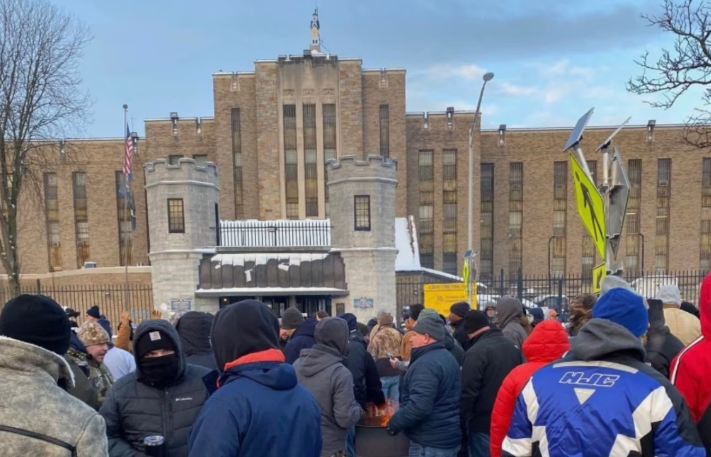Experts Available: NY Prison Strikes; National Guard Deployment
With New York’s prison guard strike leading to Governor Hochul deploying the National Guard and a tentative deal now in place, questions remain about the broader implications for incarcerated individuals, corrections policy, and labor rights. I have three Syracuse University experts listed below who can provide insights into the systemic factors behind the strike, the impact of National Guard activation on military families, and the labor dynamics at play. If you’d like to schedule an interview with any of them, please email Vanessa Marquette, media relations specialist, at vrmarque@syr.edu.

Dr. Marsha Weissman is an adjunct professor at Syracuse University’s Maxwell School of Citizenship and Public Affairs. She has conducted research on myriad topics and issues related to the criminal legal system. As the founder of the Center for Community Alternatives, she led efforts to develop alternative-to-incarceration programs and conducted influential research on the impact of criminal history screening in college admissions. She writes:
“The wildcat strike by prison guards spread quickly across the system, leaving incarcerated people without food, medicine and access to their families and loved ones. Governor Hochul was forced to call in the national guard to take care of the basic necessities. Incarcerated persons have in fact welcomed the guard, finding them to be respectful and polite, with one person calling them ‘sweethearts.’
While working conditions inside prisons need to be improved, they are the pretextual for the walkout. The strike began on February 17, a mere three days after the guards involved in the beating of Robert Brooks were indicted on murder. Moreover, second only to amnesty, the key demand made by the guards’ union is the suspension of the Halt Solitary Confinement law, action which can only be taken by the state legislature as part of their lawmaking function.”

Lynne Vincent is an assistant professor of management in Syracuse University’s Whitman School of Management with an expertise in labor and industrial relations. She wrote the following:
“This situation is really interesting as the Taylor Law restricts the ability of employees in critical positions such as prison guards to go on strike. The Taylor Law allows public employees to organize the join unions, and it requires public employers to negotiate with unions. It also established procedures for resolving contract disputes. However, the restriction of strikes has been seen as controversial. The penalties for going on strike are steep.
The prison guards wouldn’t be the first public employee group to go on strike. In 1968, the United Federation of Teachers went on strike as did the Buffalo Teachers Federation in 2000. New York City Transit Authority went on strike in 1980 and 2005. While this is rare, it is not unheard of.”

Jeanette Yih Harvie is a military spouse and research associate at Syracuse University’s D’Aniello Institute for Veterans and Military Families (IVMF). She can speak to the impacts on service members and families of the National Guard when instances like this happen. Specifically, she can go into detail about IVMF’s latest research report with Blue Star Families which states approximately 50% of surveyors said the amount of time away from family as a result of military service is a top concern for them, with military pay and impacts of deployment on family being the next top issues (read more here).



